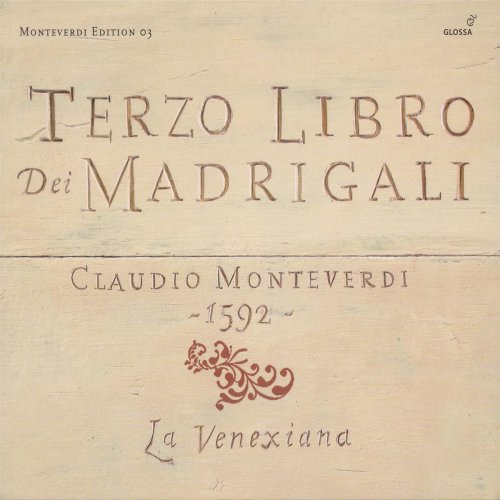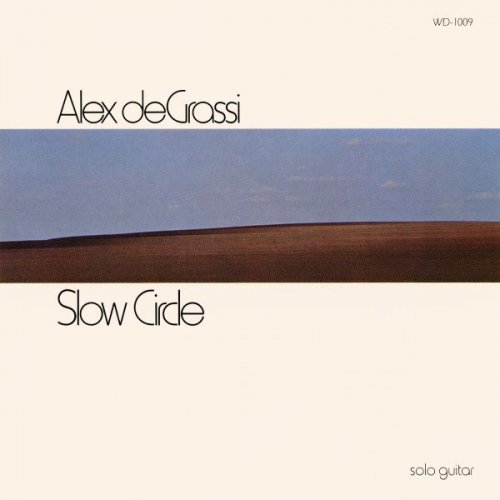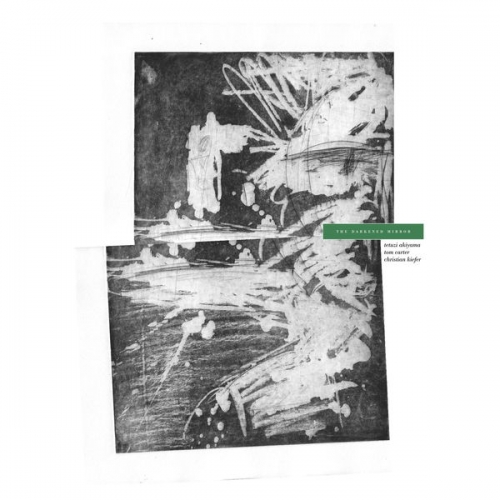La Venexiana, Claudio Cavina - Monteverdi: Il terzo libro de madrigali, 1592 (2008)

Artist: La Venexiana, Claudio Cavina
Title: Monteverdi: Il terzo libro de madrigali, 1592
Year Of Release: 2008
Label: Glossa
Genre: Classical
Quality: FLAC (tracks)
Total Time: 01:02:25
Total Size: 258 Mb
WebSite: Album Preview
Tracklist: Title: Monteverdi: Il terzo libro de madrigali, 1592
Year Of Release: 2008
Label: Glossa
Genre: Classical
Quality: FLAC (tracks)
Total Time: 01:02:25
Total Size: 258 Mb
WebSite: Album Preview
01. La giovinetta pianta - 00:03:17
02. O come e gran martire - 00:03:08
03. Sovra tenere erbette e bianchi fiori - 00:03:24
04. O dolce anima mia, dunque e pur vero - 00:03:23
05. Stracciami pur il core - 00:03:13
06. O rossignuol ch'in queste verdi fronde - 00:03:45
07. Se per estremo ardore - 00:03:13
08. Vattene pur, crudel, con quella pace - 00:08:06
09. O primavera gioventu de l'anno - 00:02:50
10. Perfidissimo volto - 00:03:05
11. Ch'io non t'ami, cor mio - 00:03:58
12. Occhi un tempo mia vita - 00:03:27
13. Vivro fra i miei tormenti e le mie cure - 00:07:14
14. Lumi, miei cari lumi - 00:02:26
15. Rimanti in pace a la dolente e bella - 00:07:56
Performers:
La Venexiana
Claudio Cavina
The Nine Books of Monteverdi's madrigals span the composer's career, from his 20th year to his old age, and provide a fascinating look at the transition from Renaissance practice through the early Baroque. Written for five voices, the Third Book, published in 1592, dates from the composer's 25th year, and reveals not only a master of Renaissance counterpoint, but an original thinker with a command of a broad expressive range. Two of the madrigals, "Vattene pur crudel" and "Vivrò fra I miei tormenti," each with three parts, are essentially miniature dramas that foreshadow the composer's groundbreaking operas and his extraordinary dramatic gifts. The vocal ensemble La Venexiana has recorded all nine books, and the authority and radiance of its performances make them a treasure for anyone who loves early vocal music. The group's singing is notable for its astonishing purity, flawless intonation, and seamless legato. The tone is exceptionally sweet and smooth, and even in the most wrenchingly emotional passages the group never sacrifices the integrity of its sound. In spite of the individuality of the members' voices, the blend is consistently warm and silken. Claudio Cavina leads the group in performances whose rhythmic flexibility mirrors the texts' changing moods; the singers respond to him like a single organism. Glossa's sound is ideal for the repertoire: intimate, nicely ambient, and absolutely clean.


![Daniel Charles Hunt - Inside Passages (2016) [Hi-Res] Daniel Charles Hunt - Inside Passages (2016) [Hi-Res]](https://img.israbox.com/img/2025-12/31/ob0txzlhdydrwm0a1bjrghxmi.jpg)
![Old Unconscious - Sunfort (2018) [Hi-Res] Old Unconscious - Sunfort (2018) [Hi-Res]](https://img.israbox.com/img/2025-12/31/5tcnpx758xto8wcs9z1xk8ph0.jpg)




